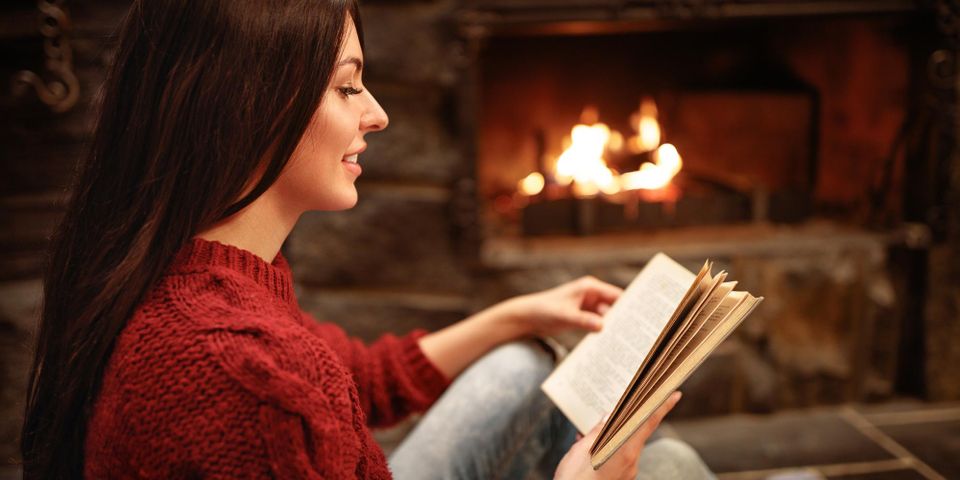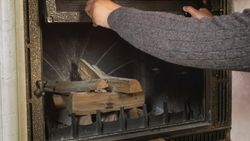Do's & Don'ts of Fireplace & Wood-Burning Stove Safety

When the temperature drops, you want to be able to start up your fireplace or wood-burning stove without issues. However, while this offers a great source of heat during the winter months, it also presents some risks. Many homeowners insurance claims are filed each year due to unsafe heating practices. As such, it’s important to take a few extra precautions when using these appliances. Here are some tips to keep your home and family out of harm’s way.
Do:
Create a safe environment.
The first step to preventing injury and fires is maintaining an environment that’s safe to operate your fireplace or stove. You need ample space between your appliance and combustible materials, such as carpet, furniture, and draperies. You also never want to store wood, matches, or lighter fluid nearby in case of sparks. Keep a fire extinguisher within reach, and consider putting up a fire screen to keep children and pets at a safe distance.
Burn the right kind of wood.
 Give careful consideration to the type of wood you burn in your fireplace or stove. Lumber should be dry and well seasoned. Green wood has a higher moisture content and will cause creosote buildup in the chimney or stovepipe. This is a combustible residue that can cause chimney fires, which means you might have to file a homeowners insurance claim. Hard woods also produce less creosote than soft woods.
Give careful consideration to the type of wood you burn in your fireplace or stove. Lumber should be dry and well seasoned. Green wood has a higher moisture content and will cause creosote buildup in the chimney or stovepipe. This is a combustible residue that can cause chimney fires, which means you might have to file a homeowners insurance claim. Hard woods also produce less creosote than soft woods.
Don’t:
Start the season without a chimney inspection.
Annual chimney inspections and cleanings are a crucial part of fireplace and wood stove safety. A professional chimney sweep will ensure your appliance is ready to use over the winter by removing creosote deposits and looking for obstructions that pose a fire hazard. They’ll also check for signs of damage so you can get repairs before a major problem develops.
Neglect proper ventilation.
Ventilation is essential for fireplace or stove use. Be sure the vents are open throughout the house to keep fumes from getting trapped inside one room, as this can lead to carbon monoxide exposure. Also, fumes from a wood stove must be vented into a certified stovepipe or approved chimney. This has to be correctly fitted over the stove to prevent fumes from leaking indoors.
If you own a fireplace or wood-burning stove, reach out to Pella Mutual Insurance Company in Marion, WI, to make sure you have adequate homeowners insurance. As an independent agency, they focus on providing clients with customized coverage options at affordable rates. Since 1876, they’ve been helping residents secure quality protection for their most valuable assets. Call (715) 754-5039 to request a homeowners insurance quote, or visit them online to learn more about the products and services they offer.
About the Business
Have a question? Ask the experts!
Send your question

